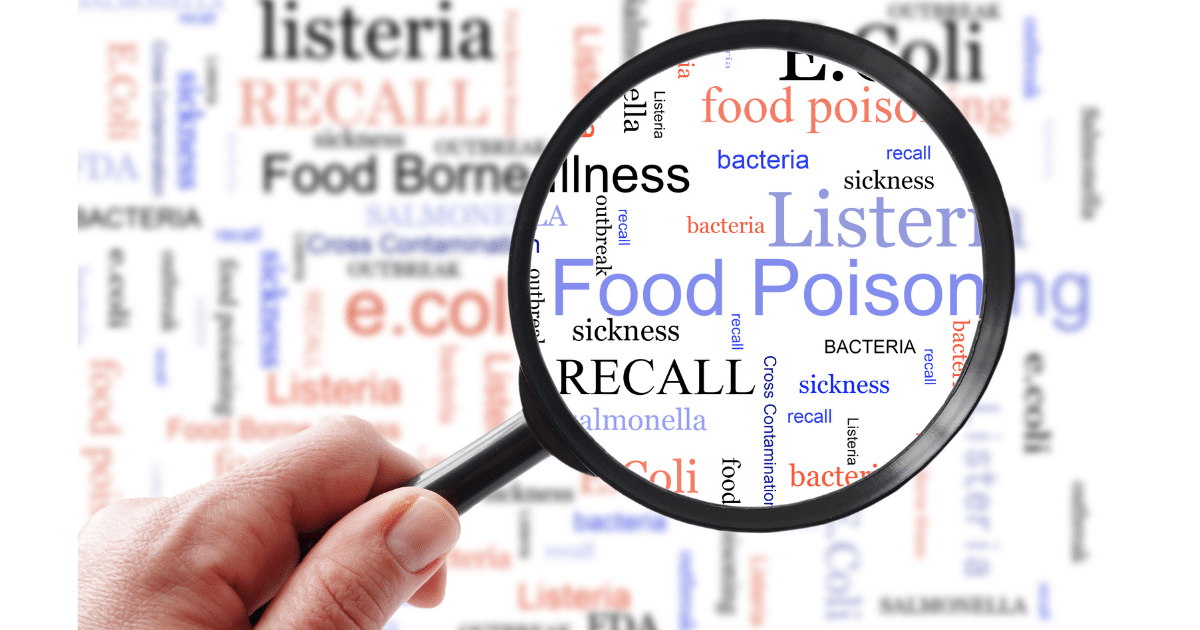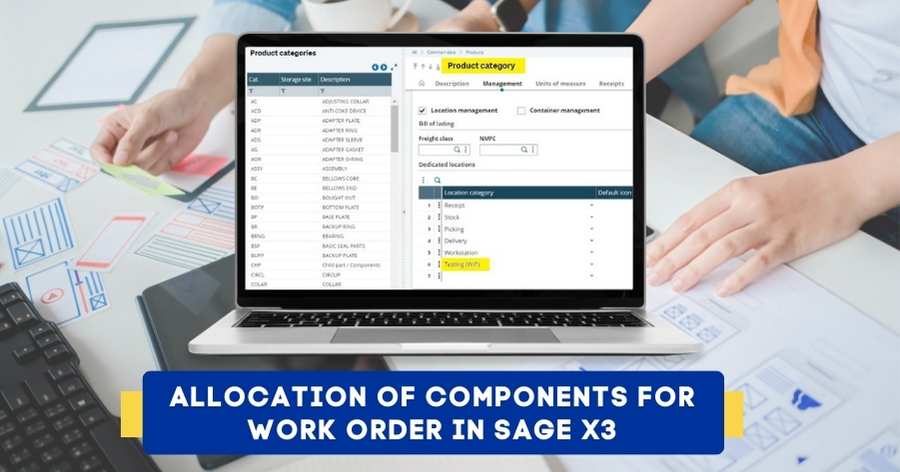Food safety and quality control are significant in the food and beverage industry. Food manufacturers have to give their focus on making the highest quality of all food products. Food products must sustain under all weather conditions without becoming stale or infectious. Plus, the manufacturers must ensure that it doesn’t get contaminated with other food. According to WHO, It is estimated that about 1 in 10 people fall ill, and 420000 die yearly from consuming contaminated food.
Food manufacturers must constantly monitor the quality of goods from sourcing raw materials till the finished product is delivered to the customer’s doorstep. They must inspect and ensure good quality is maintained until the expiry date. All the quality issues can be eliminated if the manufacturer closely monitors and reviews the quality of raw materials. ERP software for food industry helps in maintaining the standard quality of goods and tracking food products.
What is Food Quality Control?
The food and beverage industry manufactures highly sensitive products. So the food products quality has to well maintained. The manufacturer’s failure to maintain food quality standards will tarnish the brand’s image. Once fallen, it isn’t easy to win customers back. The quality of the food products has to be tested from the beginning when the raw materials are sourced.
Food inspections must be conducted regularly to ensure the standard quality of goods. Also, a third-party quality-checking company can involve in making timely checks and make the process quicker. In that way, the food manufacturer can focus on maintaining quality and introducing new recipes.
<<<Also read: ERP for Food Safety Industry>>>
Significance of Food Quality Control
Food safety is crucial as consumers eat the product, impacting their bodies. So it is vital to manufacturing safe food products. It is essential to check for allergens or bacteria that can cause health hazards.
Food quality control ensures inspecting and maintaining the quality of goods for the consumer’s benefit. They ensure that the customer’s expectations are met without endangering their health with contaminated food.
Another importance of food quality control is that it will be easy to detect unreliable suppliers, damaged equipment, and false acquisitions pointed out by consumers.
The most important thing is that quality control ensures that the laws are followed and all the compliances are met.
Minimise production cost
When implemented effectively, food quality control helps analyse waste and unwanted expenses spent in weak areas. This assists in examining those areas and can be rectified, following which the production cost can be reduced.
Maintain a good brand reputation
Quality control in the food industry is an advantage for the company as it analyses any problematic situation and rectifies it. When the company produces high-quality products for the consumers as the market demands, it’s a bonus. There will be more loyal customers who will prefer to buy the product repeatedly. As a result, there will be a good brand reputation.
Price fixation
The quality control team gathers insights from the market regarding the fixation of pricing. They ensure that high-quality goods are manufactured, balancing the market price. It is their duty to research and fix the price for their target customer.
Increased sales
Quality control helps in producing high-quality products, which enables attracting more customers. As a result, there will be increased sales. The only point is that inventory should be stocked with the correct quantity of products to meet market demands. Plus, social media platforms are the channels to increase sales.
Transformed employee morale
An efficient quality control system in place will change the employee to produce and deliver quality goods to the consumer. This will automatically increase the employees’ motivation to work to achieve the company’s objectives. And these employees will ensure to maintain this level of standard every time.
Boost production techniques
Food quality control ensures that the manufactured product is sold at reasonable rates maintaining the standards. They supply engineering and technical data for the product. Quality control provides better methods and techniques to enhance the quality of the product.
Characteristics of a good quality control
Quality control is not a single-step process, it’s embedded even in development, production and distribution. Suppose the company wants to create a high-quality product. In that case, quality control involves meticulously planning to design the product by analysing the possible risks and finding a solution to eliminate them.
Proactive quality control
Proactive quality control is taking preventive measures to avoid making mistakes in product anomalies. This involves maintaining the health of product-making machines or tools such as machine maintenance, worker retraining and many more.
The primary purpose of quality control is to detect defective products, prevent in manufacturing of faulty goods and boost the quality of products by providing proactive solutions.
Reactive quality control
In the food industry, whatever preventive measures are applied, defects are common to happen on every production floor. That’s where the reactive measures come into action. The quality control team needs to identify and address these issues immediately to avoid more problems.
Regular audits must be conducted, maintaining the record of customer feedback and having a system to track and prevent these defects is essential. These data will help in providing solutions to proactive quality control.
<<< Also read: Best Ways of Tracking Inventory for the Food Manufacturing Industry>>>
Quality control and compliance in the food industry
In India, FSSAI (Food safety and standards authority of India) sets the requirements for the food and beverage industry. And quality control team ensures that all these regulatory standards are followed.
Conclusion
In the food and beverage industry, food safety is a crucial aspect. The quality of the product affects the brand’s image too. Maintaining the highest quality of products is vital to have loyal customers and a good brand reputation. The quality control team should ensure it supports the standard and contributes to achieving the company’s goals. Food traceability software also helps in accurately tracking products and managing their quality. An ERP system is a boon in maintaining the standard quality of the product.
Sage Software Solutions is a leading IT company with an array of advanced ERP Software solutions. Our proprietary products — Sage X3 and Sage 300 will help you cut your operational expenses, improve business productivity, increase operational efficiency, forge robust customer relationships, and strengthen association with vendors, suppliers, and distributors. So, if you are looking to reinforce your business fundamentals and emerge as an industry leader, then please schedule a call with one of our sales representatives.
_





